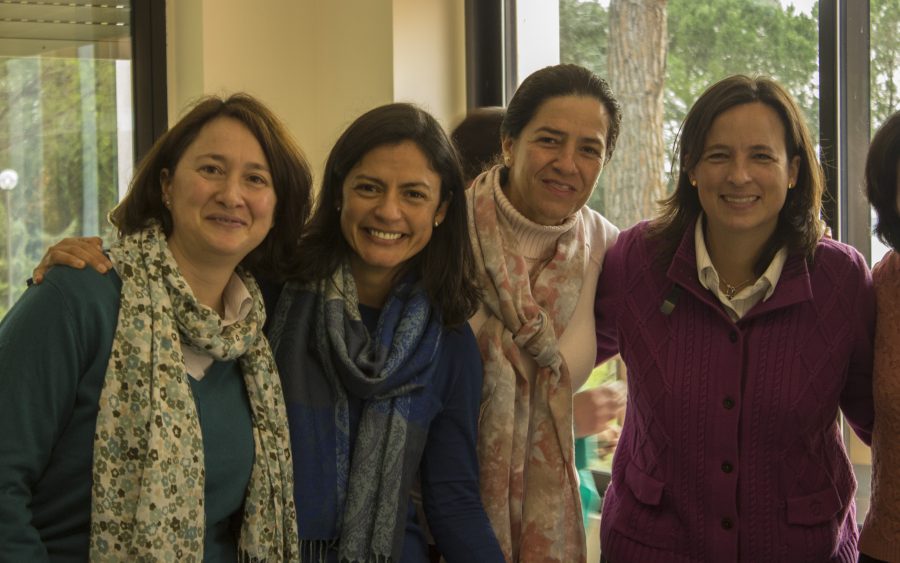Friday, November 23, 2018
The fifth day focused on discerning the government of the Regnum Christi Federation, based on the numbers of the third edition of the Draft Statutes.
The Statutes propose that the General and Territorial government of the Federation be collegial.
The structure of the Federation as a collegiate body, supports communion among the branches, while respecting the various branch authorities. The general presidency would be composed of the three General Directors of the branches. This would be the same at the Territorial level, where all branches are present. At all levels of government, a lay member of Regnum Christi would participate in the presidency.
At the same time, the third edition proposes that the Government of the Federation assume the responsibility of promoting what is related to the life of the lay members of Regnum Christi in the sections, apostolates, etc.
During the afternoon the delegates voted on Chapters 4 to 7, offering modifications and suggestions that will be presented next week at the Regnum Christi Common General Assembly.
The theme of government is important, because those who exercise the service of authority have, among other priorities, those of safe-guarding the charism and keeping alive the “sentire cum ecclesia” (cf. The Service of Authority and Obedience, n. 13).
“Persons in authority have the task of helping to keep alive the sense of faith and of ecclesial communion, in the midst of a people that recognizes and praises the wonders of God, witnessing to the joy of belonging to him in the great family of the one, holy, catholic, and apostolic Church. The task of following the Lord cannot be taken by solitary navigators…
“Persons in authority are called to keep the charism of their own religious family alive. The exercise of authority also includes putting oneself at the service of the proper charism of the institute to which one belongs, keeping it carefully and making it real in the local community and in the province or the entire institute, according to the plans and orientations offered, in particular by General Chapters (or analogous meetings)…
“What is required of persons in authority is an adequate knowledge of the charism of the institute, making it part of themselves, in order then better to see it in relation to community life and in relation to its place in ecclesial and social contexts.” (The Service of Authority and Obedience, n. 13).
During the final plenary session, the technical committee reviewing the “Points of Agreement” presented the delegates with the results of their analysis.

